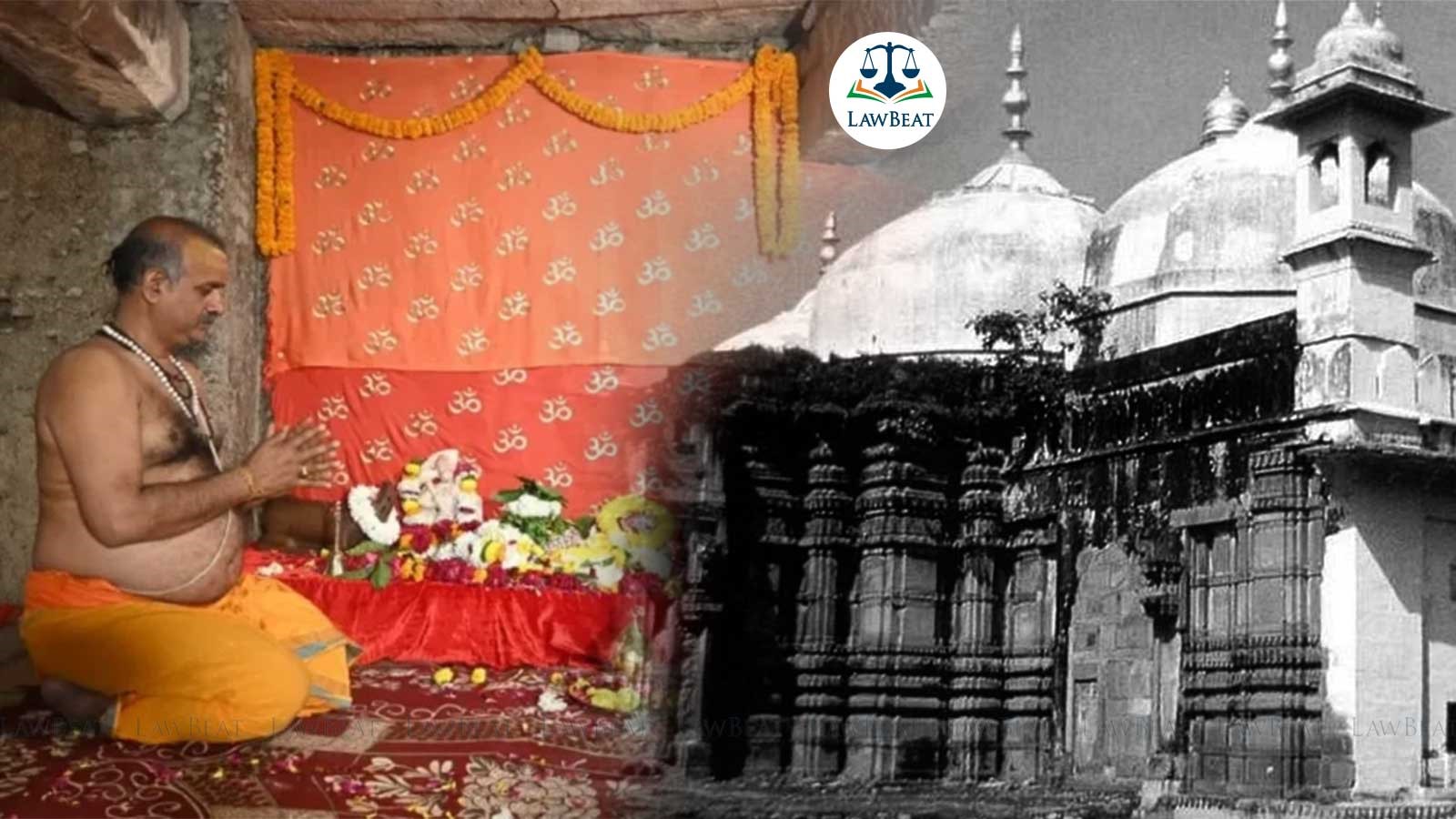Allahabad HC denies interim stay on Pooja at Gyanvapi Southern Cellar

On January 31, the District Court granted permission to a priest, who filed a plea seeking direction to allow him the right to worship Hindu deities in the cellar of the Gyanvapi. The priest claimed that before being closed by the state government, his maternal grandfather, priest Somnath Vyas, conducted prayers in the Gyanvapi cellar until 1993
The Allahabad High Court today denied the Anjuman Intezamia Masajid Committee's plea for an interim stay on 'Pooja' in 'Vyas Tehkana' or the southern cellar of the Gyanvapi.
The bench of Justice Rohit Ranjan Agarwal passed the order while posting the matter for further hearing on February 6, 2024.
Shortly after the January 31 order of the Varanasi district court allowing Hindu devotees to worship in 'Vyas Tehkana', the pooja began.
Challenging the local court's directions, the mosque management committee moved the Supreme Court, which redirected it to the Allahabad High Court.
Today, the single judge bench at the high court, while directing the district administration to ensure that law and order are maintained in the area, asked the Muslim side to revise its appeal.
On January 31, the Varanasi District Court granted permission to priest Shailendra Kumar Pathak, who filed a plea seeking direction to allow him the right to worship Hindu deities in the cellar of the Gyanvapi.
Pathak had submitted before the District Court that his maternal grandfather, priest Somnath Vyas, conducted prayers in the Gyanvapicellar until 1993 when it was shut down by the Uttar Pradesh Government.
Allowing Pathak's plea, the District Court had ordered that the Kashi Vishwanath Trust, overseeing the Kashi Vishwanath temple, would facilitate prayers in the mosque cellar. The court had instructed the Varanasi district magistrate to arrange for the puja by Pathak within seven days.
Notably, in its report, the Archaeological Survey of India (ASI) stated that there existed a Hindu temple beneath the current structure of the mosque.
